Best Times for Tree Trimming
Tree trimmings are a vital part of maintaining healthy and attractive trees. Proper timing ensures optimal growth, disease prevention, and safety. Understanding seasonal patterns helps in scheduling trimming sessions effectively.
Ideal for shaping and removing dead or damaged branches after dormancy ends, promoting healthy growth.
Used to thin out dense foliage and improve air circulation during the growing season.
Prepares trees for winter by removing weak or diseased branches, reducing risk of storm damage.
Suitable for certain species when the tree is dormant, minimizing stress and promoting vigorous growth.
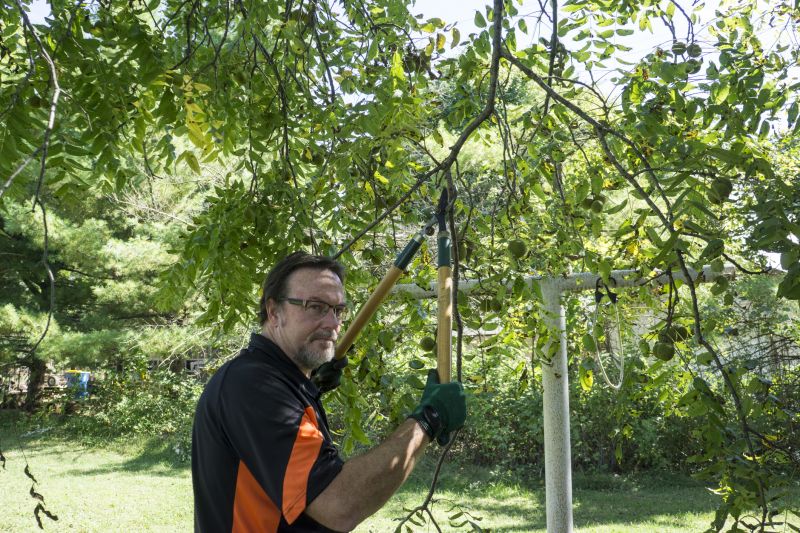
Pruning during early spring encourages healthy growth and flowering.
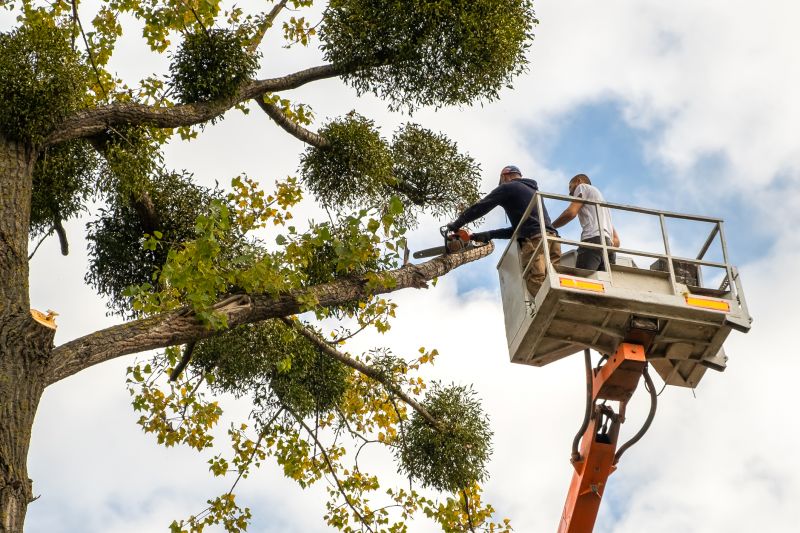
Maintains tree shape and health during peak growth season.
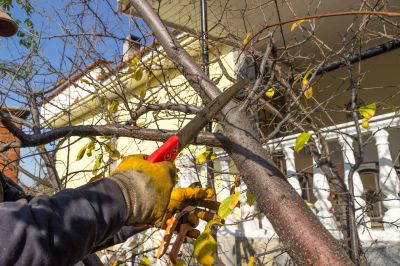
Prepares trees for winter and reduces storm damage risk.
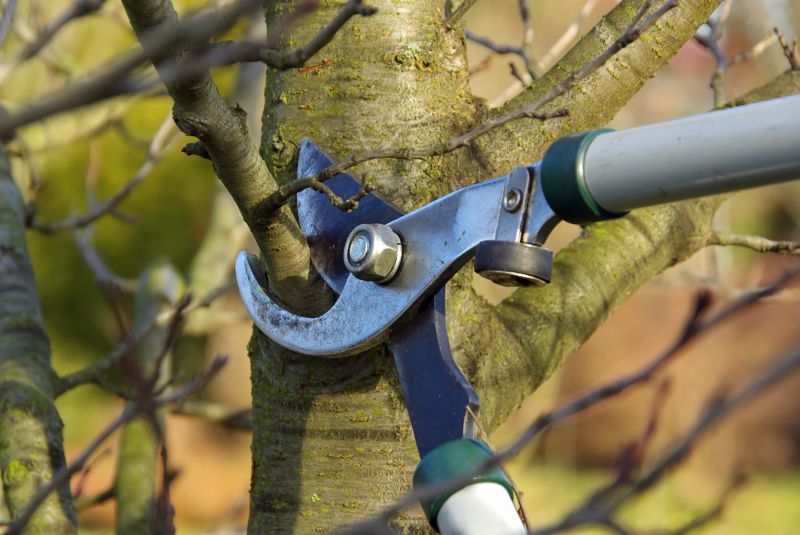
Suitable for certain species when trees are dormant.
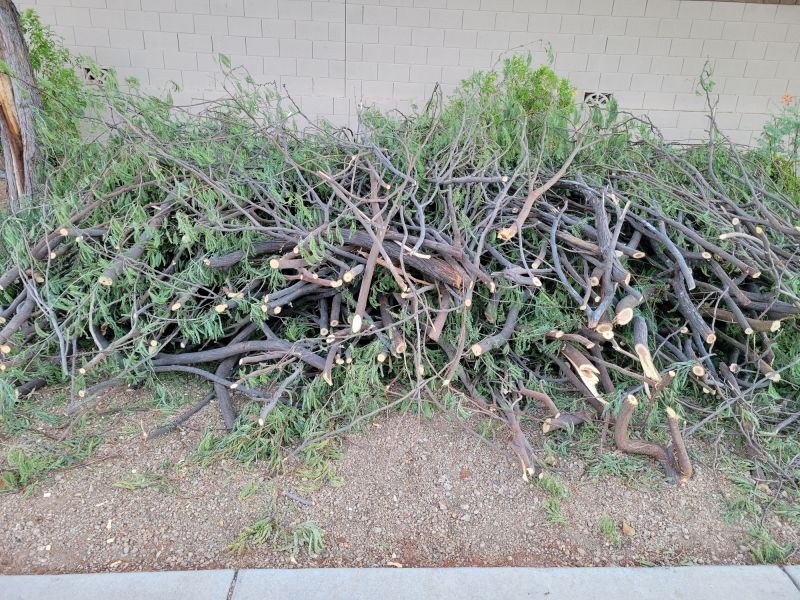
Ways to make Tree Trimmings work in tight or awkward layouts.
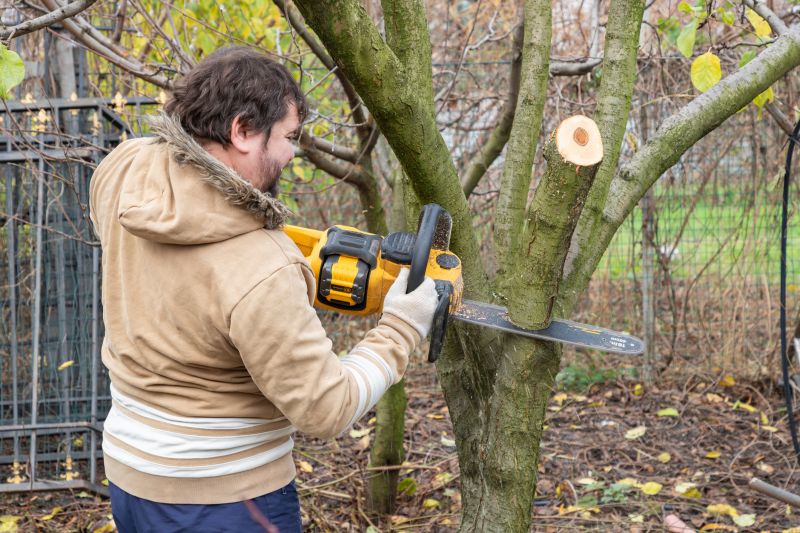
Popular materials for Tree Trimmings and why they hold up over time.
| Tree Type | Best Trimming Time |
|---|---|
| Deciduous Trees | Late winter to early spring |
| Evergreen Trees | Late winter or early spring |
| Fruit Trees | Late winter before bud break |
| Maple Trees | Late winter or early spring |
| Oak Trees | Late winter or early spring |
| Pine Trees | Late winter or early spring |
Statistics show that well-timed trimming can increase a tree's lifespan and reduce maintenance costs. For example, pruning deciduous trees in late winter can promote up to 30 percent more flowering and fruit production, depending on the species.
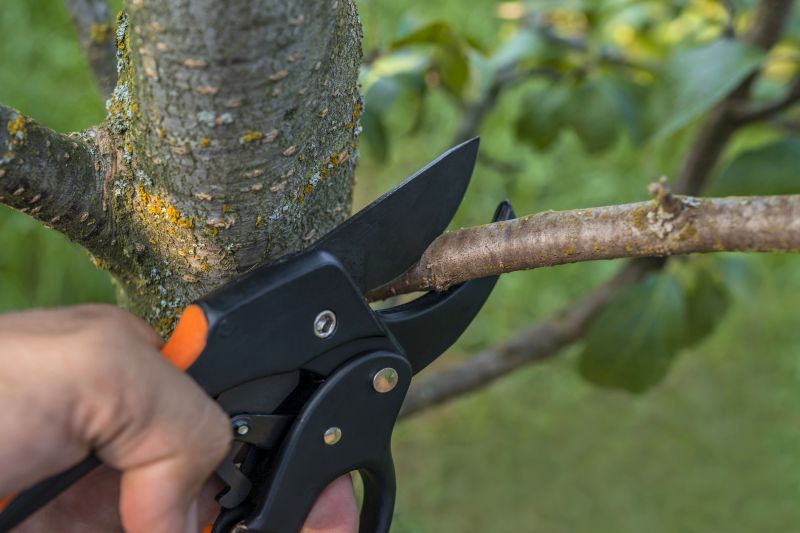
Using sharp tools ensures clean cuts and minimizes damage.
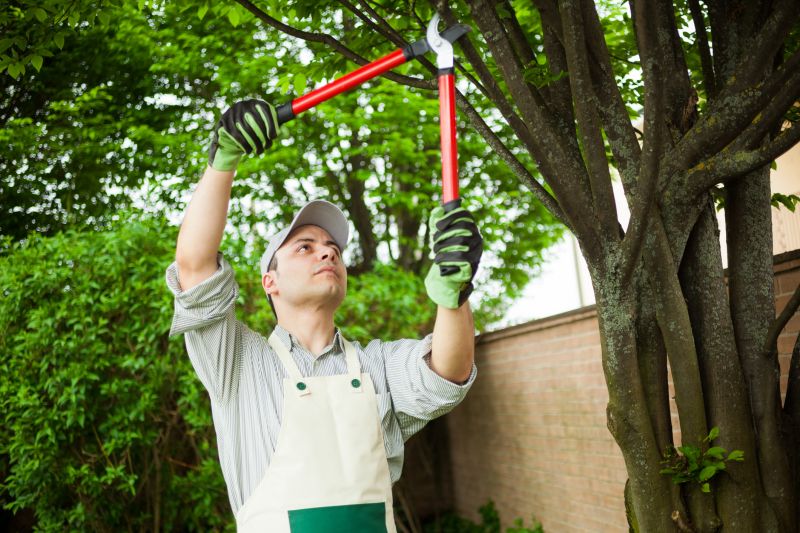
Correct pruning cuts promote healing and avoid disease.
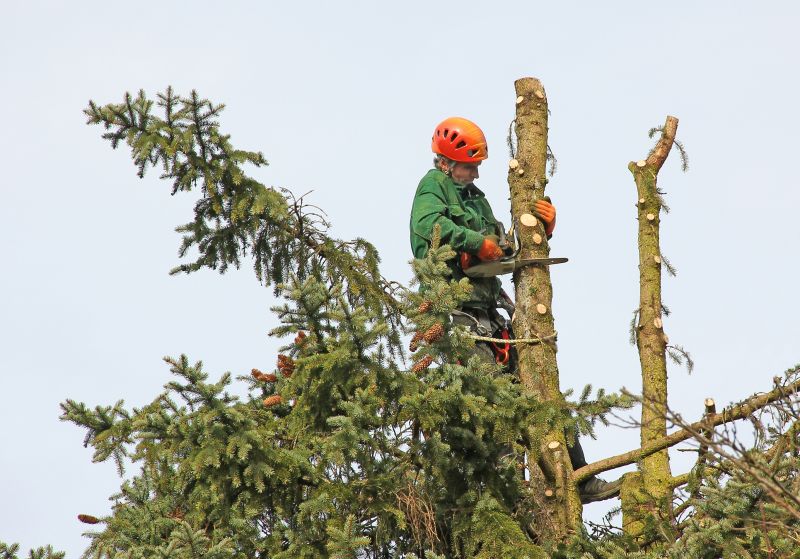
Wearing protective gear is essential during trimming.
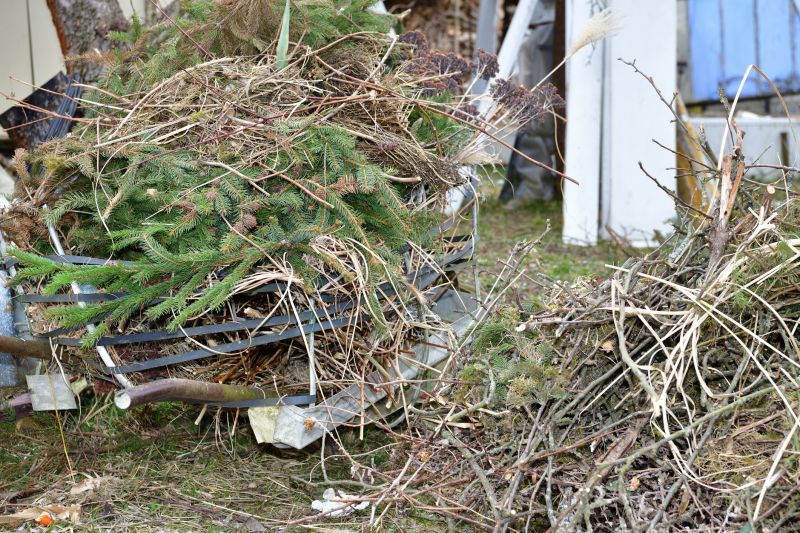
Proper disposal of trimmings prevents pest infestations and disease spread.
Interested in scheduling tree trimmings? Filling out the contact form can connect with experienced professionals to ensure proper care and timing tailored to specific tree types and local conditions.
